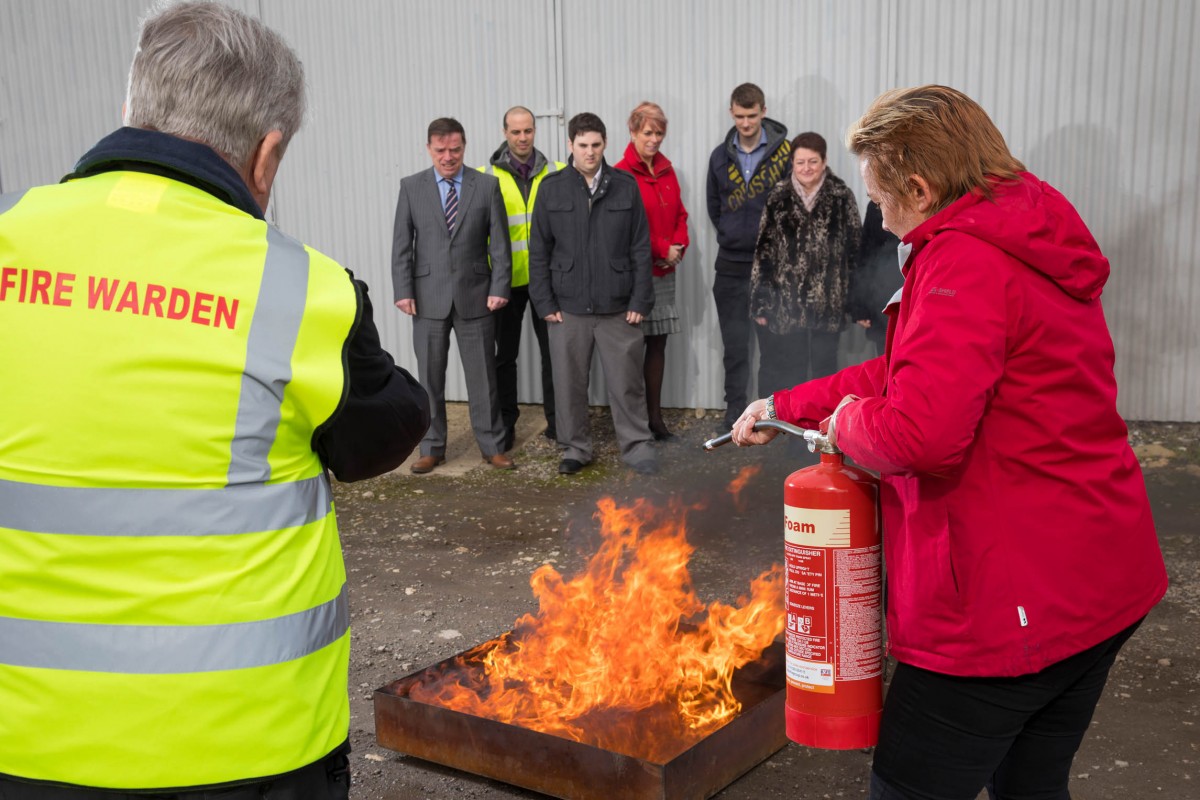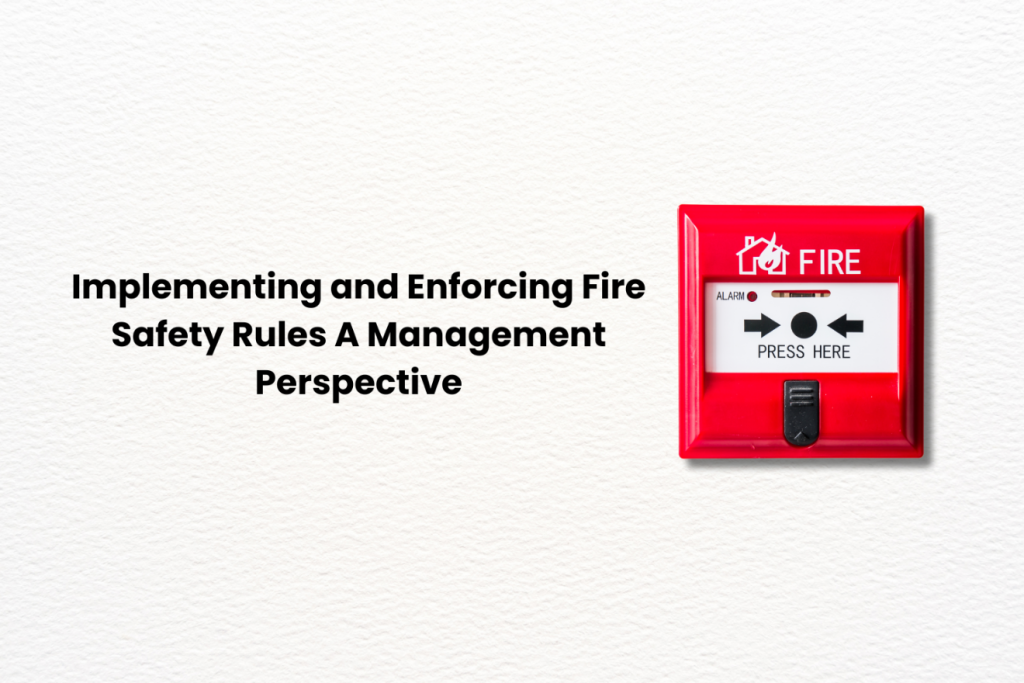Ensuring Fire Safety in US Offices: Training Made Easy
Ensuring Fire Safety in US Offices: Training Made Easy
Blog Article
Ensuring a safe workplace isn’t just a legal obligation—it’s a moral one, protecting employees, clients, and property.
Whether you manage a small office or a large corporate space, understanding fire safety protocols is essential to keeping everyone protected.
By the end, you’ll have a practical roadmap for ensuring your office meets the highest fire safety standards and safeguards your most valuable assets: your people.
The Importance of Workplace Fire Safety
According to the National Fire Protection Association (NFPA), thousands of commercial fires occur each year, causing billions in property damage and tragic losses of life.
Fire safety in the workplace protects more than just assets—it safeguards employees and visitors from harm.
Failure to comply can result in severe fines, legal liability, or even closure.
Understanding Fire Warden (Brigade) Training Requirements
This training is essential for ensuring that offices can respond quickly and safely if a fire breaks out.
Many programs cover topics like fire extinguisher use, alarm systems, emergency communication, evacuation routes, and post-incident reporting.
Well-trained fire wardens not only enhance safety but also help organizations pass compliance inspections, reducing legal and insurance risks.
Keeping Fire Safety Documentation and Certifications Up to Date
In the US, many businesses must obtain fire safety certifications from local fire departments or regulatory bodies.
Check that all fire extinguishers are inspected and tagged, alarms are functioning, and exit routes are unobstructed.
Proactive preparation not only simplifies renewals but also ensures continuous protection for your workplace.

How to Keep Your Office Fire-Safe Every Day
US offices that prioritize ongoing safety measures are less likely to face emergencies and better prepared when incidents occur.
Post updated evacuation maps in visible locations, especially near elevators, stairwells, and communal areas.
Host periodic refresher trainings, conduct surprise fire drills, and encourage team leaders to review emergency plans during staff meetings.
Legal and Insurance Implications of Fire Safety Compliance
Failing to meet fire safety standards can have severe legal and financial consequences for US businesses.
Insurance coverage is also tied to compliance.
By prioritizing fire safety, businesses demonstrate responsibility and reduce the risks of costly legal and financial setbacks.

Conclusion: Building a Fire-Safe Workplace
US companies that take fire safety seriously strengthen their resilience, enhance employee confidence, and minimize operational risks.
Fire safety readiness is a powerful signal of professionalism and care.
With the right approach, your company can navigate challenges confidently and ensure a safer, more secure future for everyone.
Your Questions Answered: Fire Safety in US Businesses
Do all staff need fire safety training?
Typically, designated employees such as team leads, managers, or safety officers receive fire warden training.
How often should fire safety certifications be renewed?
Some certifications also need updates after renovations, equipment changes, or occupancy shifts.
What are common causes of office fires?
Common causes include electrical malfunctions, overloaded power strips, kitchen accidents, improperly stored flammable materials, and heating equipment issues.
How does fire safety affect insurance coverage?
Insurance companies often require proof of fire safety compliance, including certifications, equipment maintenance, and training records.
What elements make up a solid fire emergency plan?
It should be clearly communicated, posted in visible areas, and reviewed regularly with staff.
saber mais leia mais inspeção predial Report this page